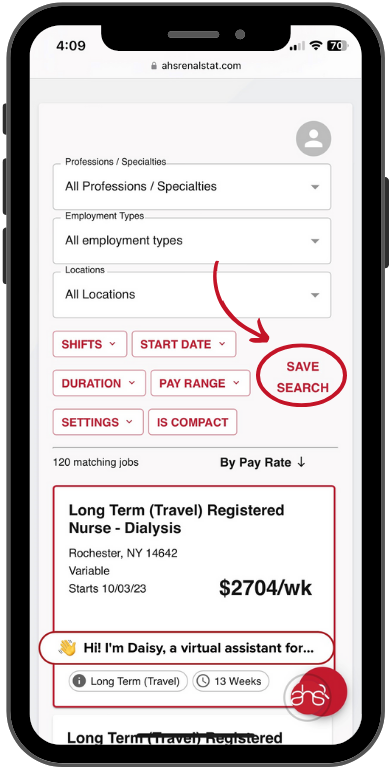So you graduated college, have your degree and all of the necessary certifications to begin your job search for a nursing position, but is that enough? There is one more missing piece to fill before you can confidently secure your next job; soft skills.
Soft skills are a window into your personality. They show your ability to problem solve and adapt to any situation you might be placed in. These types of skills are important to potential employers because your job position is going to require more than just the basic tasks you learned in college.
A recent study by National Association of Colleges and Employers (NACE) found that the three top soft skills that employers look for are: the ability to work in a team, to make decisions and solve problems and to effectively communicate with people in and out of the organization. Sounds easy, right? Not for everybody, so here are some tips on how to hone those skills!
Team Work
This is the number one soft skill employers look for in potential employees. Teamwork is a very important skill because it not only shows that you can work well with others, but when a team can work together successfully the result is always better. If you need to improve your teamwork skills, remember to keep an open mind and try to make everyone feel important. Split up work evenly between your coworkers and trust others to do the best they can to get to the finished product. Sometimes it’s easier to think, “If you want it done right, do it yourself,” but this is the opposite of showing teamwork! Trust your coworkers and you will go far.
Problem Solving / Decision Making
Employers love when employees are able to quickly and efficiently make decisions, especially in the nursing field. Unexpected circumstances are going to happen and they are going to happen frequently, so having an employee that is constantly on their toes and confident in making decisions is a must. If you find yourself not being a good problem solver or decision maker, try to build your confidence and talk yourself through possible situations that might occur. If you make yourself comfortable and knowledgable about it before it happens, you will feel less pressure when the time comes to make a big decision! It’s also okay to ask your employer what you should do in a certain situation, just to be sure. This will also show them that you’re trying to be proactive.
Communication
Communication is key. I’m sure you’ve heard this saying over and over but it is so true. Interpersonal communication is the back bone of all soft skills. Phone calls, emails or face to face conversations all need to be carried out clearly. Communication is much more than just knowing how to talk to someone, it includes your body language, eye contact and knowing when to use formal or conversational tones. And always remember to proofread before hitting the “send” button!
Overall, soft skills are the key to proving to your potential employer that you are ready to take on any task thrown your way. Impress your next interviewer by giving examples of your soft skills!


